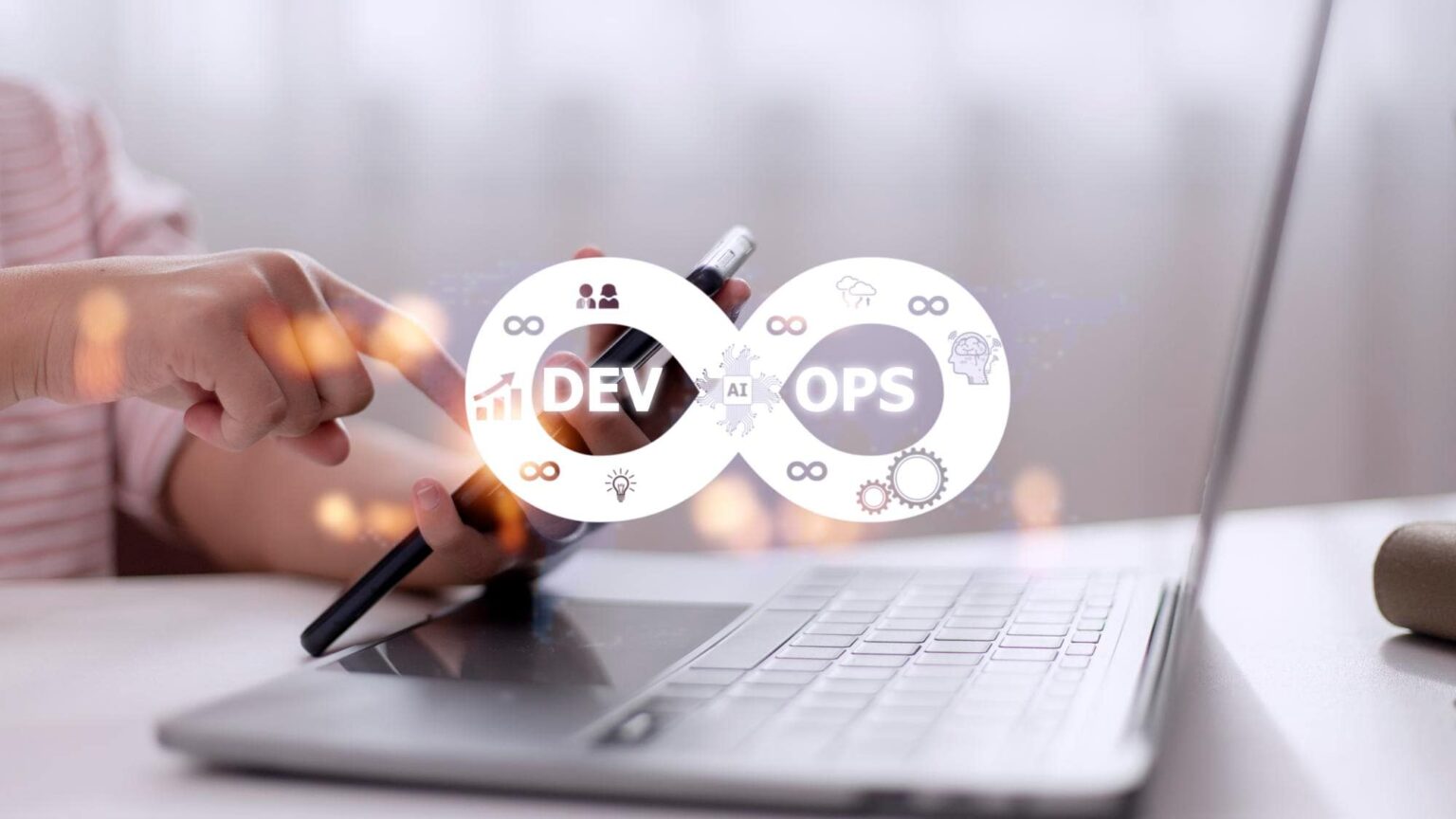Serverless DevOps frameworks are designed to facilitate the development, deployment, and management of applications built on Functions as a Service (FaaS) architectures. These frameworks help streamline the DevOps processes and provide automation and tooling specifically tailored for serverless environments. Here are some key aspects of serverless DevOps frameworks for managing FaaS architectures:
- Infrastructure Provisioning and Orchestration:
- Serverless DevOps frameworks handle the provisioning and management of underlying infrastructure resources required to run serverless functions.
- They abstract away the complexities of infrastructure management, automatically scaling resources based on demand and optimizing cost-efficiency.
- Frameworks like the Serverless Framework, AWS SAM (Serverless Application Model), and Azure Functions offer provisioning and orchestration capabilities specific to serverless architectures.
- Deployment Automation:
- Serverless DevOps frameworks automate the deployment process of serverless functions, reducing manual effort and ensuring consistency.
- They enable developers to define the desired state of their serverless applications using configuration files or infrastructure-as-code templates.
- Deployment automation ensures that functions are deployed to the target FaaS platforms seamlessly, with proper configuration and resource allocation.
- Integration with CI/CD Pipelines:
- Serverless DevOps frameworks integrate with Continuous Integration/Continuous Deployment (CI/CD) pipelines to enable automated build, test, and deployment workflows.
- They can trigger deployments based on code changes or Git repository updates, ensuring a streamlined and efficient release process.
- Frameworks often provide plugins or integrations with popular CI/CD tools such as Jenkins, CircleCI, and GitLab CI/CD.
- Monitoring and Observability:
- Serverless DevOps frameworks offer built-in monitoring and observability features to help developers gain insights into the performance and behavior of their serverless functions.
- They provide metrics, logs, and tracing capabilities to track function invocations, identify errors or bottlenecks, and monitor resource utilization.
- Frameworks may integrate with logging and monitoring services like AWS CloudWatch, Azure Monitor, or third-party tools such as Datadog or New Relic.
- Testing and Debugging Support:
- Serverless DevOps frameworks provide testing and debugging support tailored for serverless functions.
- They offer features like local emulation, allowing developers to test and debug functions locally before deploying them to the cloud.
- Frameworks often provide tooling for unit testing, integration testing, and end-to-end testing of serverless applications.
- Security and Access Control:
- Serverless DevOps frameworks address security considerations specific to serverless architectures.
- They offer features for configuring access control, managing permissions, and implementing security best practices.
- Frameworks integrate with identity and access management services provided by cloud providers to ensure secure access to serverless functions.
- Scalability and Performance Optimization:
- Serverless DevOps frameworks assist in optimizing the scalability and performance of serverless functions.
- They help in defining appropriate triggers, resource allocation, and scaling policies for functions based on workload patterns and business requirements.
- Frameworks offer features for auto-scaling, configuring concurrency limits, and managing function invocations efficiently.
- Cost Optimization:
- Serverless DevOps frameworks include features to optimize costs associated with running serverless functions.
- They provide insights into resource usage, help identify inefficient code or configurations, and offer recommendations for cost-saving measures.
- Frameworks can assist in managing resource provisioning, setting timeouts, and implementing idle function handling to minimize costs.
Popular serverless DevOps frameworks include the Serverless Framework, AWS SAM (Serverless Application Model), Azure Functions, and Google Cloud Functions. These frameworks abstract away the complexities of managing serverless architectures, provide automation for deployment and scaling, and offer integration with CI/CD



